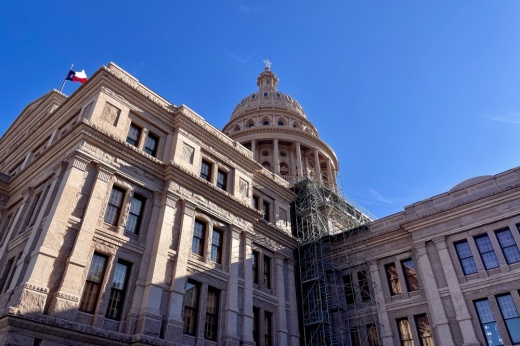Terms to know: According to the Texas Education Agency, the basic allotment is the legislatively mandated apportionment of funds from the general revenue funds that goes to each school district to provide a basic level of education for the district's residents. Since 2019, Texas public schools have received $6,160 annually for each student in average daily attendance.By the numbers: According to KISD Chief Financial Officer Dan Schaefer, the district has experienced the following cost increases due to inflation since 2019:
- Transportation costs have increased by 16%;
- General insurance policies (including property and casualty) have increased by 68%;
- Food service costs have increased by 19%; and
- Health insurance has increased by 11%.
- A 14.5% increase in costs was seen statewide between 2019 and January 2023.
- Over the next two years before the legislature reconvenes, another 5%-7% increase in costs is expected, meaning Texas public schools may be looking at a roughly 21% increase in costs by 2025.
Bills to watch: Schaefer noted three bills that have been filed in the ongoing Legislature that the district is paying close attention to:
- House Bill 1: This general appropriations bill was out of the Senate committee as of April 12 and was awaiting a vote by the Senate as of April 14.
- Senate Bill 30: This bill relates to supplemental appropriations and reductions in appropriations as well as giving direction and adjustment authority regarding appropriations. The bill had been voted on by the House as of April 6 and was awaiting governor action as of April 14.
- House Bill 100: This bill relates to the compensation of public school educators and to the public school finance system, including enrollment-based funding for certain allotment under the Foundation School Program. The bill was filed March 8 and was awaiting House committee action as of April 14.
- Board Secretary Dustin Creager: “Our students' safety is a priority, and a lot of people are saying that it is, but it's time they start showing us that it is. So I think it's time for us to stand up, for us to voice our concerns and voice our priorities to our legislators, and make sure that they understand what's really important."
- Board President Rob Ellis: “The main takeaway is that we are investing less in education now than we were in 2019.”
- Superintendent Jenny McGown: “There is nothing, in my opinion, that is worthier of our investment than the future of our state and our nation, and so when we have the opportunity as the great state of Texas with a $30 billion-plus surplus to invest in the future of Texas, that is what we must do.”





